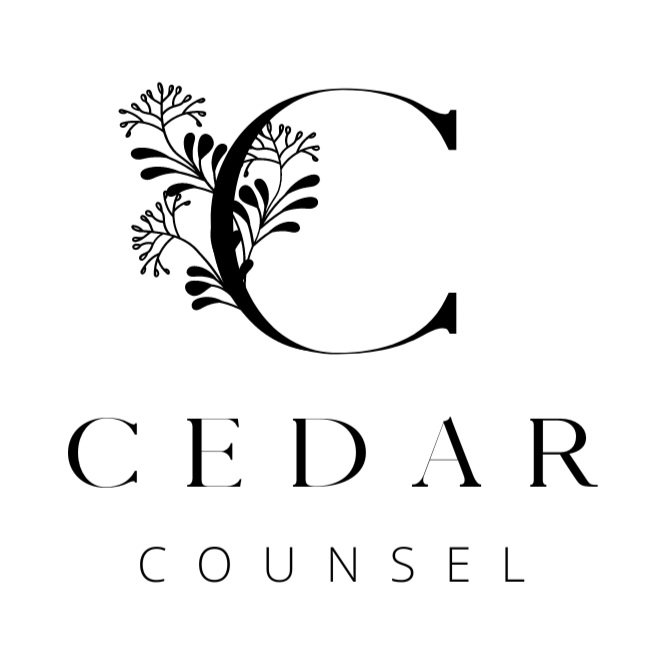New Year's Reflections on Estate Planning, Parenting, and Leaving a Legacy
As we find ourselves standing at the threshold of a new year, it's a time of reflection, resolutions, and fresh beginnings. For parents, the new year is an opportune moment to not only contemplate personal goals but also to delve into the realm of estate planning.
This article serves as an estate planning guide for parents, emphasizing the importance of leaving a lasting legacy and setting a positive example for the next generation.
Defining Your Legacy
At the heart of estate planning is the desire to leave a legacy that extends beyond material wealth. Begin the new year by considering the values, principles, and traditions you wish to pass down to your children. Your legacy is not just about the assets you leave behind but the enduring impact you make on the lives of those you love.
Take time to discuss with your spouse and children what matters most to your family. Whether it's education, philanthropy, or a commitment to community service, integrate these values into your estate plan, ensuring they continue to shape your family's future.
Consider the wisdom gained from your life experiences. Your narrative, documented in letters, memoirs, or within the framework of your estate plan, becomes a timeless resource for your children, offering guidance, insight, and a profound connection to their roots. By encapsulating the essence of your journey, you provide them with a roadmap to navigate the complexities of life, fostering a legacy of knowledge that transcends time.
Leading by Example
Children are keen observers, and the lessons they absorb from their parents often shape the foundation of their own values and behaviors. Demonstrating responsible financial planning and thoughtful decision-making becomes a powerful beacon for their development.
Estate planning inherently involves looking ahead and making decisions that will impact the future. By involving children in age-appropriate discussions about wills, trusts, and long-term financial goals, parents can teach the importance of foresight and strategic planning. Explain how each document and decision serves a purpose, contributing to a comprehensive plan that safeguards the family's interests. This not only imparts a sense of discipline but also instills an appreciation for the importance of clarity and organization in anticipating future needs.
As you engage in the estate planning process, consider using this opportunity to educate your children about the various types of assets, their financial implications, and how to manage them effectively. This includes discussing real estate, investments, retirement accounts, and other financial instruments.
The act of providing for loved ones through thoughtful estate planning showcases the depth of familial commitment. Share stories of how specific provisions in the plan are designed to protect the family. This not only fosters a sense of security but also cultivates a culture of responsibility and care within the family unit.
Charitable Giving and Philanthropy
Consider incorporating charitable giving into your estate plan. Imagine, for instance, designating a percentage of your estate to support educational initiatives in underprivileged communities to instill in your children the transformative power of knowledge. Or leaving behind funds to advance scientific discoveries through a medical research foundation. Alternatively, your estate could support an environmental conversation organization, contributing to the preservation of natural habitats for future generations.
Incorporating charitable giving into your estate plan goes beyond financial contributions; it offers your children a blueprint for leading a life enriched with purpose, generosity, and a commitment to making a difference in the world.
Conclusion
As you embark on the journey of a new year, let your resolution encompass the well-being and prosperity of your family. Through intentional estate planning, you have the power to leave a legacy that goes beyond financial assets. By focusing on setting a positive example and instilling a sense of responsibility in your children, you pave the way for a lasting impact that reverberates through the years.
If you’re interested in learning more contact us today to schedule a complimentary consultation.
This article is a service of Cedar Counsel. We don’t just draft documents; we ensure you make informed and empowered decisions about life and death, for yourself and the people you love.
